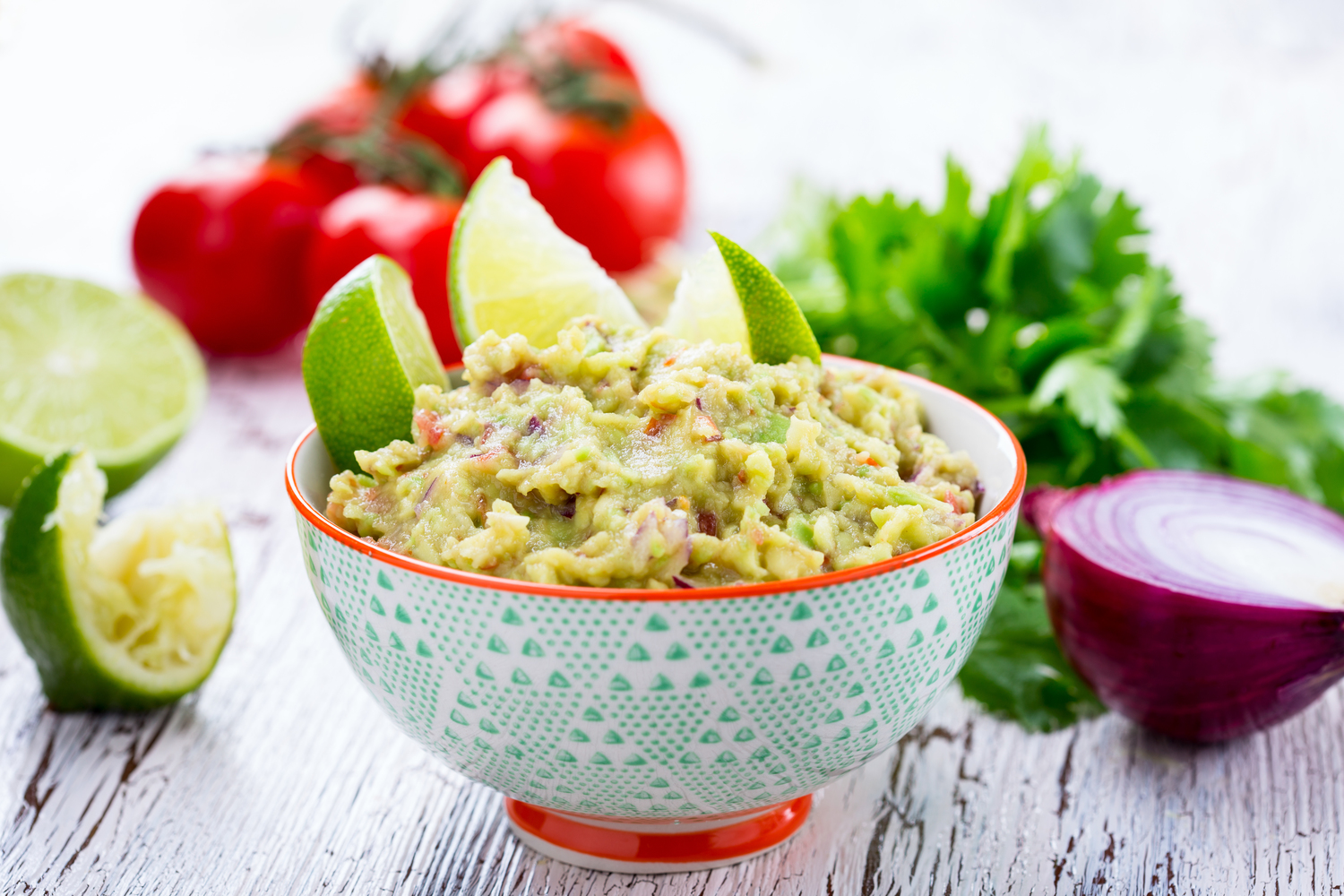Nutritional Strategies to Support Epilepsy Management
Discover effective dietary strategies to help manage epilepsy. Learn about reducing sugar intake, choosing natural foods, and how specialized diets like Keto can support seizure control. Always consult your healthcare provider before making dietary changes for epilepsy management.

Dietary Approaches to Enhance Epilepsy Control
One effective strategy is to eliminate foods high in simple sugars, which rapidly raise blood glucose and can trigger seizures. Removing these sugary foods can lead to a decreased craving over time. Next, focus on consuming whole, minimally processed foods—those with three or fewer ingredients—rich in essential nutrients. Consulting a healthcare professional before making significant dietary changes is crucial. A doctor may recommend diets like Ketogenic, which is high in fats—up to 80-90% of daily calories—while minimizing carbohydrates and proteins. Initially, high-carb foods like sweets, pasta, and bread are avoided to help manage epilepsy symptoms. Adjustments are made over time to reintroduce carbs gradually.
Important Note: The information provided here aims to inform and educate. It should not replace professional medical advice. Always consult healthcare professionals before altering your diet or treatment plan to ensure safety and effectiveness.










